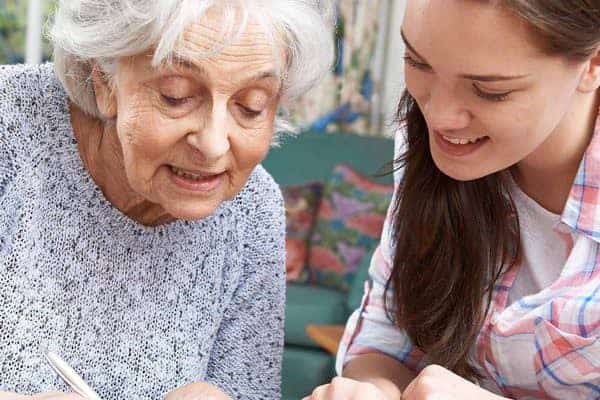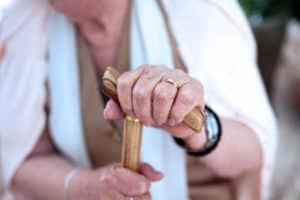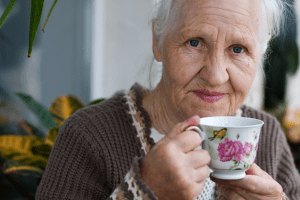Live-in care is relevant to everybody at some stage in their life, whether for themselves or a loved one. Yet some people don’t know it exists as an elderly care option or a care option for those of any age. Here we look at the basics of what is live-in care and why you should care about it.
97% of us, given a choice, want to remain living in our own homes as we get older, according to the Better At Home Report from the Live-In Care Hub. The report also showed that most people want to avoid residential care, even if they become ill or less able to cope. Unsurprisingly many people are reluctant to opt for a residential care home, but are not aware of the alternatives. The main alternative to a residential care home when care support is needed around the clock is live-in care, also known as home care or assisted living.
Home Care, or Live-In Care, is an affordable alternative to a residential care home where care is provided round the clock in your own home. So just what is live-in care? Well, it provides a wonderful solution to many problems for all involved in elderly care. The person being cared for doesn’t go through the emotional distress of being taken away from what they know and they retain control over their care. The family know their relative is safe and well looked after, and most importantly they are happy. Many elderly people are being cared for in hospitals when they could be cared for just as well at home and free up a precious bed for somebody else.
So What Is Live-In Care?
Live in care offers elderly people requiring assistance a healthy and comfortable life in their own home. Carers live in the home with them, day and night so they enjoy the stability and comfort of their house with friends and family nearby – all whilst receiving support with the household chores, medication and other needs. Carers and nurses may also be able to help with conditions and needs such as palliative care, dementia care, stroke care, Parkinson’s care amongst many other conditions.
Find out more in our article “What Is Live-in Care?“
There is so much evidence to suggest that people who receive homecare are more likely to be happy and satisfied in their old age, compared to those living in residential care.
Elderly people have a much better experience of later life receiving home care compared to those living in a residential or nursing home.
Our Better At Home Report showed that:
- Over 80% of our clients reported they get food and drink as and when they wanted it, compared to just over 65% in residential care homes and just over 50% in nursing homes.
- Nearly 100% of our clients reported that they feel the care and support they get helps them enjoy a better quality of life.
- 1 in 6 people in nursing homes feel they have no control over their daily life.
- A third in residential care homes and over half of those in nursing homes never leave the home, compared to just 1 in 5 people receiving care at home.
So the evidence is there. Elderly people have a much better experience of later life receiving home care compared to those living in a residential or nursing home but we need to raise awareness of what is live-in care and ensure people know there is a better alternative to a care home.
It isn’t hard to see why. Imagine when you are at your most vulnerable, being taken away from your pets, your friends, family and partner. It isn’t a nice thought really, and so having a Live-In Care service is a much better alternative.
Why You Should Care
Because elderly care will affect you one day, whether that is because a friend or relative needs care, or you yourself need care. The more planning and preparation you do, the more able you will be to cope well when the situation arises. Your planning could involve discussing the options with a relative, particularly if you hope to move in with them or offer for them to move in with you. When thinking about what is live-in care having an open and honest conversation about the finances, time and details involved is a great idea so that there is a clear plan. Having a plan not only allows for preparation, but it also ensures that any worry on either side is alleviated.






4 Comments. Leave new
Sadly not enough people care as soon as they should and often make decisions surrounding care in a panic. I think we should all plan our future can needs and make sure those that are around us are clear about what we want
When you stay at home you do not have to wait for a food trolley to come round or the nurses to do their rounds. The freedom to make your own decisions about something as simple as when you want food or drink is so important to promote.
Seems like the government needs a more holistic approach to the elderly. Live-in care is so much cheaper than keeping someone in hospital when they don’t need medical care, just because there’s no one at home to help them.
You are absolutely right Jason that a more holistic approach is needed especially as we know that elderly people are better off in their own homes than in hospital when they don’t need medical care.